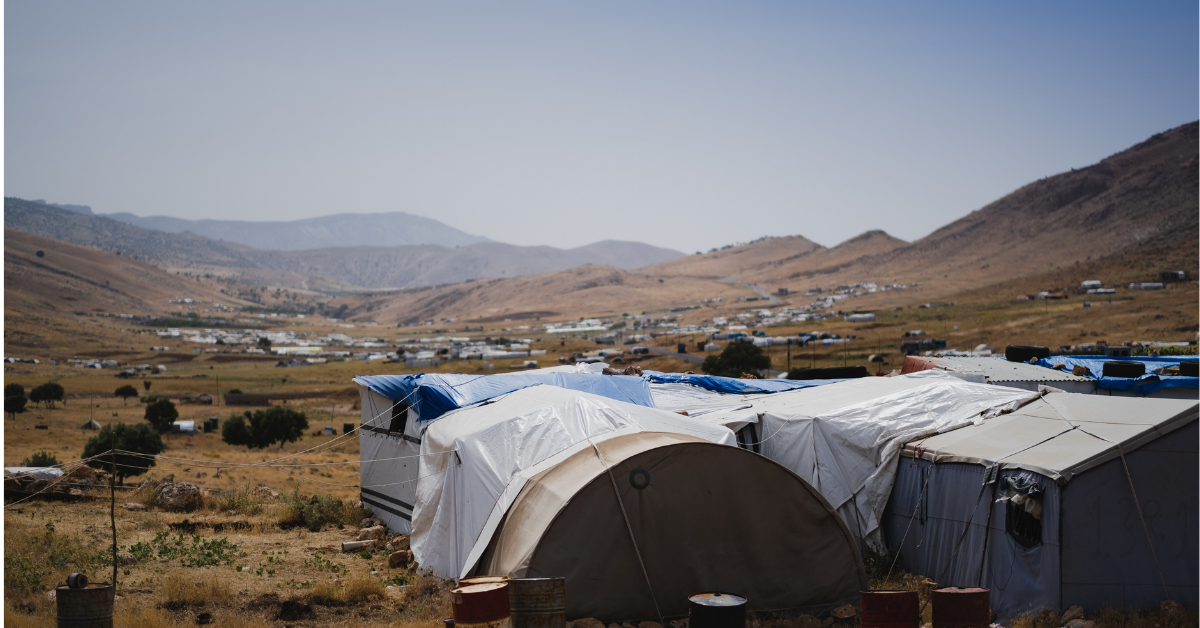 Photo: Unsplash /
Levi Meir Clancy
Photo: Unsplash /
Levi Meir Clancy
This brief was first published by the Center for Global Development.
“This brief summarises three years of research under the project “Rethinking Humanitarian Reform” led by Jeremy Konyndyk, Patrick Saez, and Rose Worden, and funded by the aid departments of the United Kingdom and Australia. The project aimed to understand the incentives behind the humanitarian system and shift them to better prioritise the needs of affected populations.”
“Changes sought to pull the disparate components of the sector towards a more unified approach to leadership, coordination, financing, and accountability. They usefully established a more predictable international humanitarian coordination structures and a new contingency fund (CERF), under the leadership of the UN.”
“Following the fragmented response to the Syria crisis and the Ebola outbreak in West Africa, a fresh set of reforms was launched via the 2016 World Humanitarian Summit—notably a package of comprehensive commitments between donors and aid agencies to efficiency and effectiveness, known as the Grand Bargain. In it, participants committed to improve humanitarian financing by increasing direct support to local and national responders, reducing earmarking, and including people receiving aid in making decisions which affect their lives.”
“The COVID-19 pandemic is a crisis of truly global scale and it will place enormous constraints on traditional humanitarian operations: models accustomed to surging support toward geographically delimited crises must now tackle a geographically unlimited crisis and huge obstacles to surging personnel and resources…Humanitarians will have to rethink the way the response is planned, coordinated and financed…All this should press traditional humanitarian actors toward a deeper and more equitable partnership with, host governments and local actors – both because local leadership in this crisis is critical to success, and because it is an operational inevitability.”
“The fact that COVID-19 prompted a pivot back to habitual practices—rather than accelerating a shift toward reform commitments—is a signal that the Grand Bargain reforms, like those before them, have not been transformative. Worse, they might have entrenched power imbalances, inefficiency, and a lack of accountability to people in crises. Every major disaster is a test of how far the humanitarian system has changed. Earlier crises forced a reckoning of the shortcomings of previous reforms; now, the humanitarian sector must learn from its response to COVID-19.”
“Ultimately, it is a political and philosophical choice. Are humanitarian actors committed to building a system in which affected people will set the tone, rather than big institutions? Are those big institutions, the leaders who run and oversee them and the donors who fund them, willing to redefine their role and share their power? Will they support a sector in which institutions measure their impact in terms of partnerships and outcomes, rather than revenue? Can international institutions evolve toward enabling others’ success, rather than emphasising their own delivery and flag-planting? Can global humanitarianism adapt to elevate the views of affected people, rather than the mandates of global institutions, as the organising principles for humanitarian action?”
“We proposed several major changes to the humanitarian architecture to facilitate such an evolution. Importantly, these shifts would span four levels of the humanitarian landscape: adopting independent accountability mechanisms to enable a people-driven response, using area-based models of frontline coordination, remaking the financial business model to resource the humanitarian system as a public good provider and adapting the sector’s governance to more effectively steer its humanitarian impact.”
This article was written by researchers Patrick SaezJeremy Konyndyk Rose Worden.










